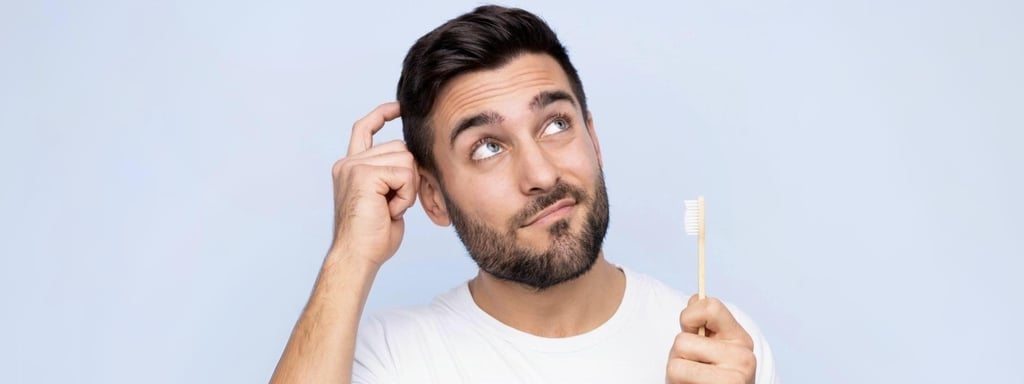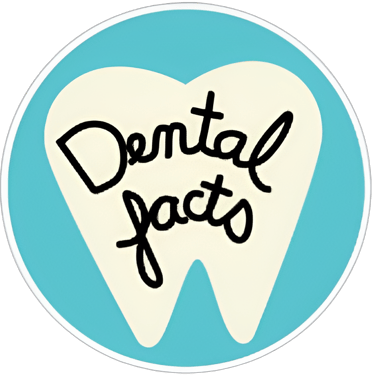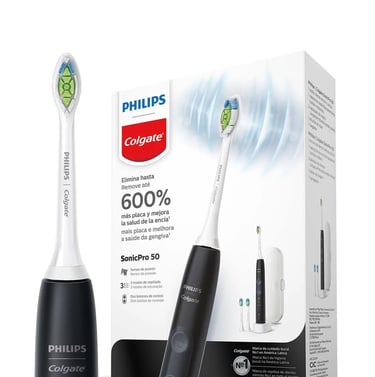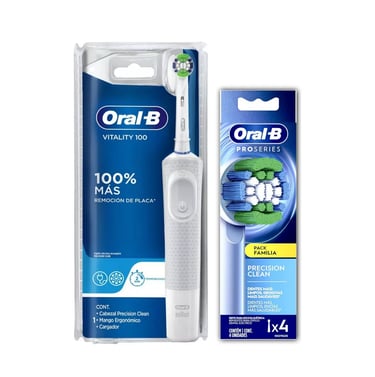Brushing Your Teeth: How Often and When?
Brushing your teeth when you wake up and before going to bed is essential for good oral health. It’s also ideal to brush after every meal, waiting 30 minutes. Complement this with flossing and mouthwash to remove more plaque and keep your breath fresh. A complete routine will help you enjoy a healthy, radiant smile!
Brushing your teeth when you wake up and before going to bed is essential for good oral health. It’s also ideal to brush after every meal, waiting 30 minutes. Complement this with flossing and mouthwash to remove more plaque and keep your breath fresh. A complete routine will help you enjoy a healthy, radiant smile!
1/5/2024・4 min read




Brushing your teeth properly and regularly is key to maintaining good oral health. However, it is also important to know how often and at what times of the day you should brush to get the best results.
Brush Your Teeth When You Wake Up
One of the best oral hygiene practices is brushing your teeth in the morning as soon as you wake up. During the night, the amount of saliva in your mouth decreases, creating an environment where bacteria can grow. By brushing in the morning, you remove these bacteria and freshen your breath.
Brush After Every Meal
In addition to brushing in the morning, it’s important to maintain this routine after every meal. Saliva produced after eating helps neutralize acids in the mouth, protecting your teeth from cavities. Brushing after meals removes food particles and allows saliva to work more effectively.
Choose the Right Timing
Although brushing after every meal is beneficial, it’s recommended to wait at least 30 minutes after eating. This is because acids from food can temporarily weaken your tooth enamel. Waiting before brushing gives enamel time to recover and helps prevent additional damage.
The Importance of Nighttime Brushing
The last time you should brush your teeth each day is right before going to bed. At night, saliva production drops significantly, creating an environment where bacteria can thrive. Brushing before bedtime removes bacteria and food particles, helping prevent cavities and gum disease.
Flossing and Mouthwash
In addition to brushing, it’s important to complement your oral hygiene routine with flossing and mouthwash. Dental floss helps remove plaque and food debris between teeth, while mouthwash fights bacteria and freshens your breath. Using these together with regular brushing will help you maintain a healthy smile.
Brushing your teeth at least twice a day—once when you wake up and once before bed—is essential for maintaining good oral health. Brushing after every meal, along with daily flossing and using mouthwash, will further help prevent dental problems and keep your smile radiant.




Brushing your teeth properly and regularly is key to maintaining good oral health. However, it is also important to know how often and at what times of the day you should brush to get the best results.
Brush Your Teeth When You Wake Up
One of the best oral hygiene practices is brushing your teeth in the morning as soon as you wake up. During the night, the amount of saliva in your mouth decreases, creating an environment where bacteria can grow. By brushing in the morning, you remove these bacteria and freshen your breath.
Brush After Every Meal
In addition to brushing in the morning, it’s important to maintain this routine after every meal. Saliva produced after eating helps neutralize acids in the mouth, protecting your teeth from cavities. Brushing after meals removes food particles and allows saliva to work more effectively.
Choose the Right Timing
Although brushing after every meal is beneficial, it’s recommended to wait at least 30 minutes after eating. This is because acids from food can temporarily weaken your tooth enamel. Waiting before brushing gives enamel time to recover and helps prevent additional damage.
The Importance of Nighttime Brushing
The last time you should brush your teeth each day is right before going to bed. At night, saliva production drops significantly, creating an environment where bacteria can thrive. Brushing before bedtime removes bacteria and food particles, helping prevent cavities and gum disease.
Flossing and Mouthwash
In addition to brushing, it’s important to complement your oral hygiene routine with flossing and mouthwash. Dental floss helps remove plaque and food debris between teeth, while mouthwash fights bacteria and freshens your breath. Using these together with regular brushing will help you maintain a healthy smile.
Brushing your teeth at least twice a day—once when you wake up and once before bed—is essential for maintaining good oral health. Brushing after every meal, along with daily flossing and using mouthwash, will further help prevent dental problems and keep your smile radiant.









